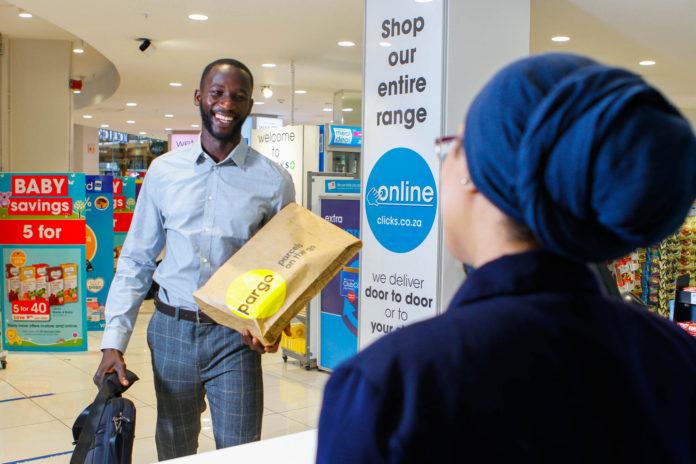
Pargo explains how innovation is making the lives of customers and retailers easier in the ever-growing e-commerce space
Cape Town, – Today’s customers want their online shopping experience to mimic what they find in-store.
People are used to being helped by someone or being able to put an unwanted item back on the rack, so unless an e-commerce business can offer the same, customers would rather go to a competitor who can meet their expectations or even resort to buying products the “old-fashioned” way.
Fortunately, advancements in technology are not only giving shoppers what they’re looking for but, in some cases, even improving the experience.
The process of returning items, for example, is becoming easier by the day thanks to the software that is now available. Just as the technology is streamlining processes to get parcels from business to customer, so it works the other way as well. This is known as “reverse logistics”, which sees returns being managed via a tracking system, from customer to business.
The upside for retailers is that returned products can be placed back in the supply chain quickly and effectively, which brings down storage and distribution costs.
It carries other advantages, too. For example, returns tracking is automated and cloud-based technology will mean that it can be accessed and shared easily.
Another benefit is that it offers data insights that can help understand why a particular item is being returned. By analysing customer behaviour, a business will know not to order that item again, thereby saving money down the line and improving its inventory management process.
An exciting innovation out of the United States is a self-service returns kiosk.
The in-store technology facilitates returns in under two minutes and is a boon for retailers seeking to cut down on costs related to processing returns manually.
In South Africa, click & collect specialist Pargo enables consumers to simply drop off an unwanted item at a participating Pargo Point that suits them best, no matter where they live.
This cuts the return journey by as much as 18 days compared to other methods, such as trying to find the time to travel to a physical store which may not be close, or painfully arranging with a retailer to send a courier for collection – if this option is even offered at all.
The company also makes use of a parcel management portal called myPargo. This allows businesses to integrate with the platform in three different ways – URL online (active in under three minutes); API (two weeks to three months-plus depending on scope of development), or manually on the myPargo portal (immediately available to Pargo clients).
Though the portal returns journeys are processed in real-time without delay, eliminating the cost and stress of liaising with couriers. It also closes the loop on each return case within hours rather than days or weeks.
In addition, it provides increased visibility and control of the returns as well as any consumer queries, while volume and spend can be monitored thanks to real-time data insights on return orders.
Pargo CEO and co-founder Lars Veul says last-mile logistics is an ever-evolving industry with many providers in a “literal race” to offer the most convenient and reliable delivery methods.
“We continue to see rising challenges in our country when it comes to sending and receiving parcels, including the continued impact of a failing South African Post Office system as well as the rapidly rising inflation rate,” he says.
“In the tech-logistics spaces, companies like Pargo are investing in market research and data insights to continue to build products for the unique challenges South Africans are facing when it comes to online transactions including buying online.”
“With consumer demand around returns growing, we are seeing a rise in consumer-focused returns processes that eliminate the need for consumers to disrupt their day-to-day lives and put their day on hold for something that really should be effortless and at a price they can afford.”
Veul and his team allocate a great deal of time to studying “lookalike” markets abroad and how their returns innovations could, with some customisation, solve South Africa’s unique challenges, such as last-mile logistics in rural and township areas which has proved problematic in the past.











